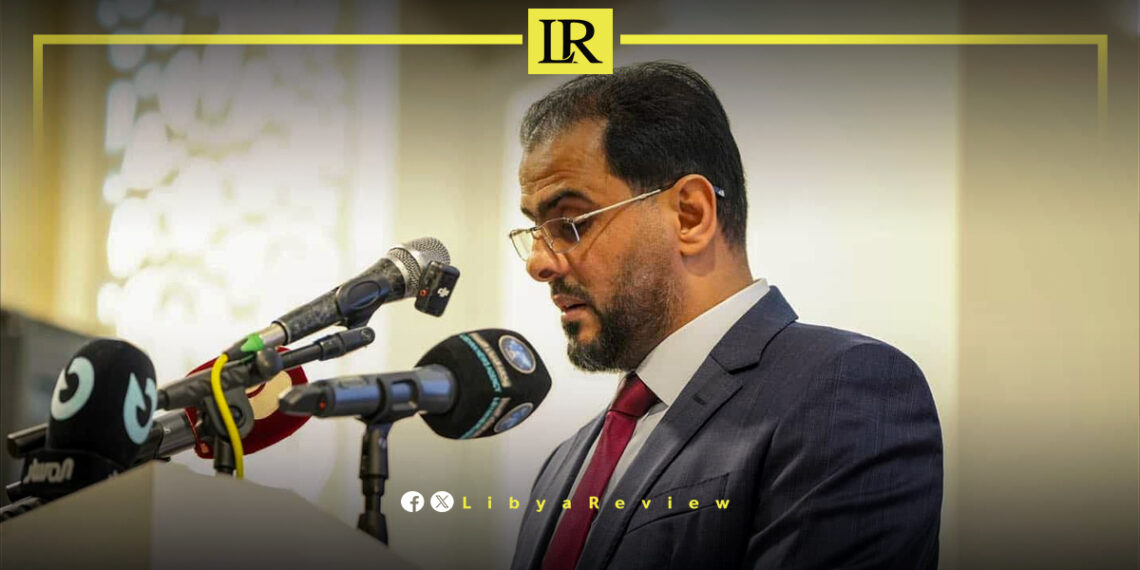Libyan Prime Minister-designate, Osama Hammad, appointed by the House of Representatives, has issued a stern warning to the newly-formed Syrian administration against transferring Syrian fighters to the Libyan capital, Tripoli, under the guise of training or any other justification that could destabilize Libya’s security.
During a questioning session before the Libyan House of Representatives, Hammad stressed the importance of adhering to the parliament’s and the High Council of State’s vision for a Libyan-led dialogue that excludes any foreign interference.
Hammad urged the Syrian administration to refrain from aligning with suspicious activities allegedly orchestrated by the outgoing Government of National Unity (GNU). He noted that the GNU recently sent an envoy to Syria, raising concerns about potential collaborations that might undermine Libya’s stability.
Libya has been in chaos since a NATO-backed uprising toppled longtime leader Muammar Gaddafi in 2011. The county has for years been split between rival administrations.
Libya’s economy, heavily reliant on oil, has suffered due to the ongoing conflict. The instability has led to fluctuations in oil production and prices, impacting the global oil market and Libya’s economy.
The conflict has led to a significant humanitarian crisis in Libya, with thousands of people killed, and many more displaced. Migrants and refugees using Libya as a transit point to Europe have also faced dire conditions.
The planned elections for December 2021 were delayed due to disagreements over election laws and the eligibility of certain candidates. This delay has raised concerns about the feasibility of a peaceful political transition.
Despite the ceasefire, security remains a significant concern with sporadic fighting and the presence of mercenaries and foreign fighters. The unification of the military and the removal of foreign forces are crucial challenges.


